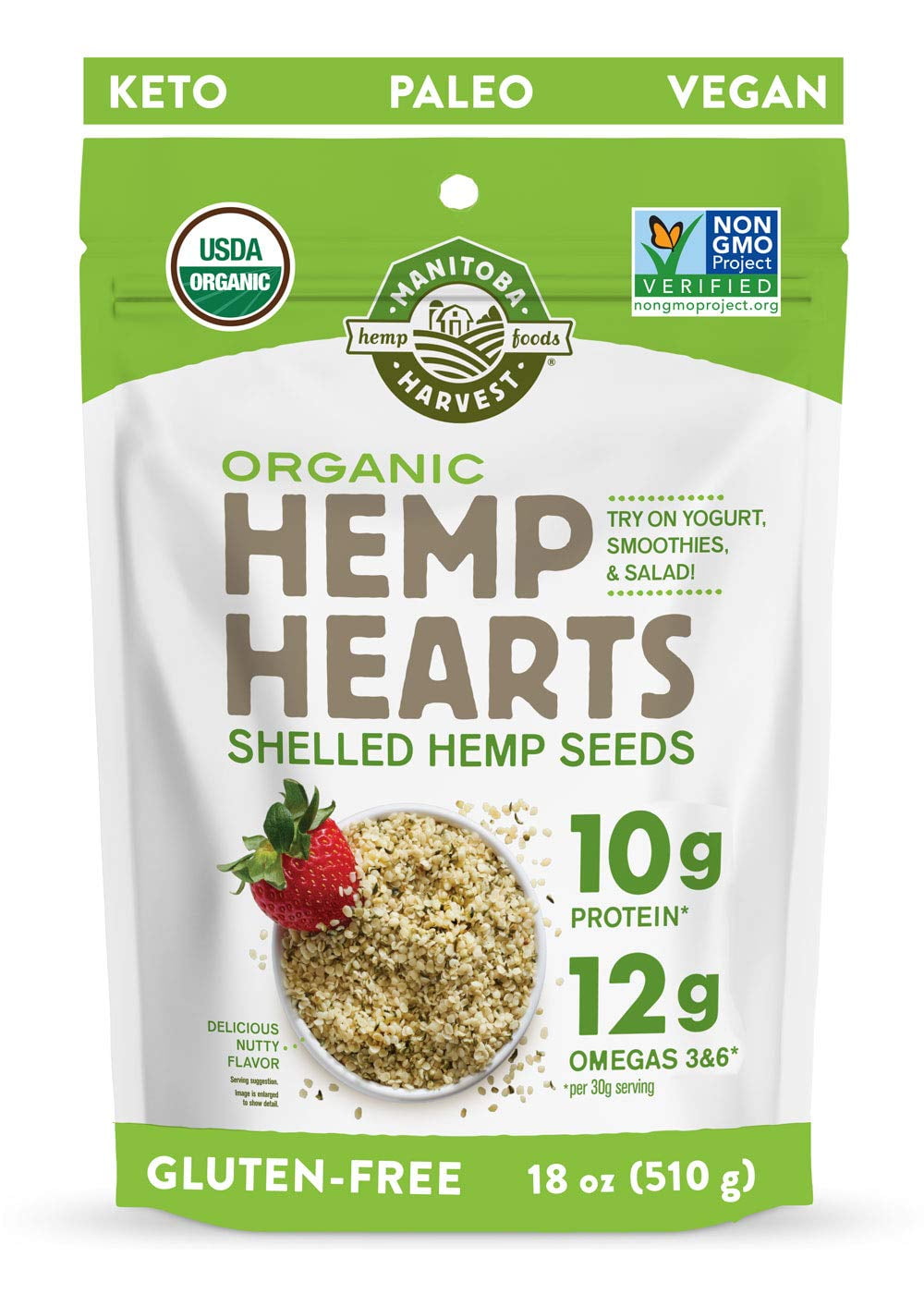Hemp, a multipurpose crop with a myriad of purposes ranging from textiles to health and fitness health supplements, has viewed a resurgence in curiosity globally, including in Canada. With the legalization of hashish for leisure and medicinal purposes in Canada, hemp cultivation has obtained prominence because of to its non-intoxicating properties and various industrial apps. Having said that, like any agricultural endeavor, hemp farming in Canada is issue to rules aimed at making sure compliance, high quality command, and buyer protection. In this short article, we delve into the regulatory landscape governing hemp farming in Canada, exploring licensing demands, cultivation recommendations, and the evolving authorized framework.
Record of Hemp Regulation in Canada:
Hemp has a long heritage in Canada, courting back to the early colonial period of time when it was cultivated for fiber and food. Nevertheless, its cultivation witnessed a decrease in the 20th century owing to regulatory limitations and misconceptions about its association with psychoactive hashish. The turning level arrived with the passage of the Industrial Hemp Laws in 1998, which permitted licensed cultivation of hemp with reduced THC (tetrahydrocannabinol) articles. Due to the fact then, hemp farming in Canada has been regulated underneath the Cannabis Act and its accompanying rules.
Check This Out and Regulatory Bodies:
To have interaction in hemp cultivation in Canada, people and entities have to acquire a license from Overall health Canada, the federal section liable for overseeing hashish restrictions. Health and fitness Canada offers various kinds of licenses relying on the intended things to do, which include cultivation, processing, and marketing of hemp items. Future hemp farmers should endure a comprehensive software system, which contains qualifications checks, security clearances, and compliance with demanding regulatory needs.
Cultivation Guidelines:
Hemp cultivation in Canada is governed by stringent suggestions aimed at ensuring the integrity and good quality of the crop though reducing the danger of diversion to illicit marketplaces. Important polices include restrictions on THC material, necessary testing of hemp samples to verify compliance, and adherence to Great Agricultural and Selection Techniques (GACP). Farmers are also necessary to preserve detailed records of their cultivation actions, which includes seed resources, cultivation approaches, and harvest details.
THC Material Restrictions:
A single of the central regulatory factors of hemp cultivation in Canada is the restriction on THC content material. THC is the psychoactive compound discovered in cannabis crops, and hemp versions cultivated for industrial reasons need to incorporate a lot less than .3% THC on a dry pounds basis. This threshold distinguishes hemp from psychoactive hashish versions and is essential for making sure compliance with equally domestic and global laws. Well being Canada conducts regular inspections and testing to confirm THC concentrations in hemp crops, and non-compliant crops may possibly be subject matter to seizure and destruction.
High quality Manage and Testing:
Top quality management is paramount in the hemp market to guarantee shopper basic safety and merchandise regularity. Health Canada mandates demanding testing of hemp samples for numerous parameters, like THC information, CBD (cannabidiol) levels, pesticides, major metals, and microbial contaminants. Accredited producers need to employ accredited screening laboratories and adhere to standardized tests protocols to sustain compliance. By applying strong good quality regulate measures, regulators goal to safeguard community wellbeing and retain the integrity of the hemp business.
Export and Import Restrictions:
Canada is a sizeable player in the world wide hemp market, exporting a wide assortment of hemp-derived items, together with fiber, seed, oil, and CBD extracts. However, worldwide trade in hemp is issue to intricate rules, like import necessities imposed by location international locations. Overall health Canada presents assistance to exporters on compliance with international polices and helps in getting the essential permits and certifications. Similarly, importers of hemp items into Canada should guarantee compliance with domestic laws, which include licensing specifications and top quality requirements.
Rising Traits and Potential Outlook:
The hemp marketplace in Canada is experiencing rapid development and innovation, pushed by expanding shopper need for hemp-derived merchandise and breakthroughs in agricultural technologies. With the modern legalization of hashish edibles and extracts, there is expanding interest in hemp-derived CBD products and solutions for therapeutic and wellness applications. In addition, investigate into novel hemp cultivars with increased homes, these kinds of as larger CBD written content or enhanced fiber excellent, holds assure for expanding the market and diversifying product choices.
Conclusion:
Hemp farming in Canada is ruled by a complete regulatory framework aimed at making certain compliance, quality control, and buyer protection. By way of licensing prerequisites, cultivation recommendations, and stringent good quality control measures, regulators try to preserve the integrity of the hemp field while fostering innovation and economic development. As the industry continues to evolve, stakeholders will have to remain abreast of regulatory developments and greatest tactics to navigate the complicated landscape of hemp cultivation in Canada
